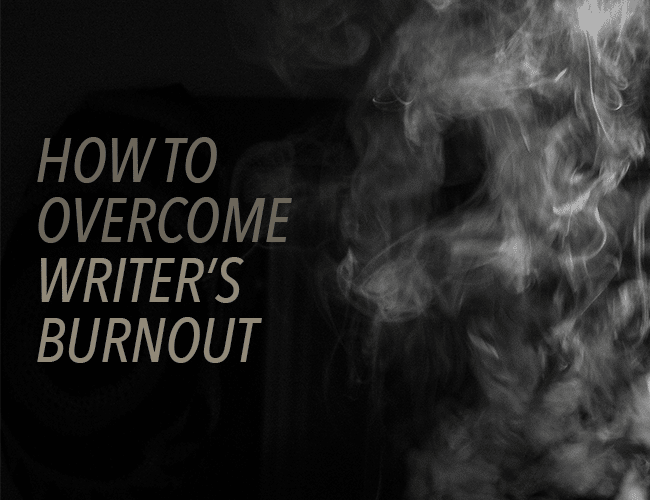
by Joe Bunting |
Let’s start with the obvious: You don’t know how to write a book. I’ve written seven books, and I don’t really know how to write a book either. I have a process that works, sure, but with writing, as with many things in life, it’s always when you think you know what you’re doing that you get into trouble.
So let’s just admit right now, you don’t know how to write a book, and definitely not in 100 days, and that’s okay. There, don’t you feel better?

by Sarah Gribble |
There’s no shortage of writing prompts out there. We even do them with every post here on the Write Practice blog.
Prompts have a place in writing, whether it’s overcoming writer’s block or simply as a warmup to get your brain moving. Writing prompts are awesome.
Until they’re not.
What do you do if you hate the writing prompt you’re given?

by J. D. Edwin |
Have you ever wondered how some writers publish a book or more a year? Do they have a secret that could teach you how to become a successful writer? Are there tools you could use to make you equally productive?
If you want to become a successful writer, you need to first learn how to become a productive writer. But what does it really take to be productive?
In this article we will look at five tools you can use to become a more productive and successful writer—all of which you’ll want to place neatly in your writer’s toolkit.

by Sarah Gribble |
New goals can be stressful, and even a momentary lapse can make a person want to scream and kick and cry. Perhaps eat an entire pint of ice cream. Perhaps lay on the couch and wallow in self-pity, lamenting over the magnificent writing career that could’ve been if only you hadn’t skipped writing that one day.
Today I’m going to ask you to think about your writing a little differently, and hopefully renew some of the enthusiasm you may have already lost.

by Joe Bunting |
How do you become truly great at something, one of the best in the world? Or at least better than you are?
Many people believe that greatness comes from talent and natural inclination. They believe that great athletes and artists are born, not made, and so what’s the point in trying if you’re not naturally talented?
I used to believe that, too, but everything changed for me when I discovered practice, the idea that not only can you become great through your own efforts, but that all of the best writers, musicians, painters, and athletes in the world have done the same.
In this guide, we’re going to be exploring how you can become a better writer by following the principles of deliberate practice (this is The Write Practice, after all), but generally, how you can improve your skill level in any field.
We’ll look at the four components of deliberate practice that will make your practice time actually work. Finally, we’ll get a chance to start actually practicing our writing through a creative writing exercise.
Ready to accomplish your writing goals? Let’s get started!

by Kellie McGann |
Although I call myself a writer, the last few months I haven’t been writing. I’m not sure exactly what happened, but somewhere between ghostwriting projects and blog posts, I just stopped.
I couldn’t put words on a page, and when I did, the words barely made sense. I stopped writing for a total of three months and no matter what I did, nothing seemed to help. None of the writer’s block tricks were working.
It took me a few weeks to realize that it wasn’t writer’s block I was dealing with. It was writer’s burnout.








